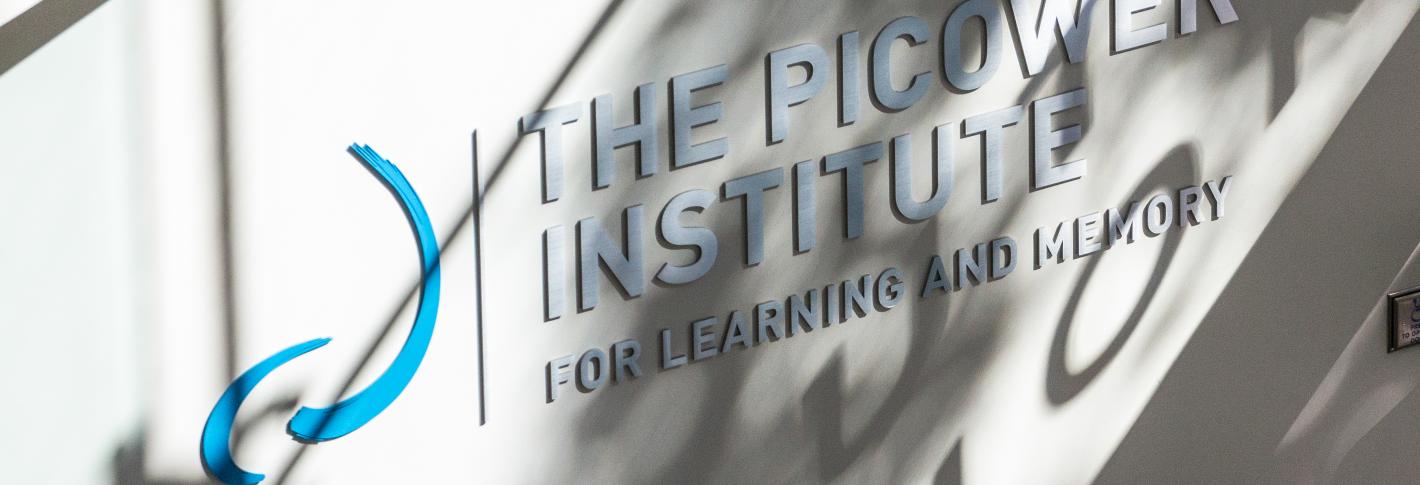The Picower Lecture with Catherine Dulac, PhD, HHMI, Harvard University
Monday, March 18, 4:00pm | Singleton Auditorium (46-3002)
Talk Title: Neurobiology of Sickness and Social Behavior
Abstract: Social interactions are essential for animals to survive, reproduce, raise their young. Over the years, my lab has attempted to decipher the unique characteristics of social recognition: what are the unique cues that trigger distinct social behaviors, what is the nature and identity of social behavior circuits, how is the function of these circuits different in males and females and how are they modulated by the animal physiological status? In this lecture, I will describe our recent progress in understanding how specific brain circuits and cell types direct adaptive changes in behavior during sickness episodes in mice. Finally, I will describe our recent work uncovering how different parts of the brain as well as discrete, molecularly defined neuronal populations participate in the positive and negative control of social interactions, providing a new framework to understand the regulation of social behaviors in health and disease.
Bio: Catherine Dulac is the Samuel W. Morris University Professor in the Department of Molecular and Cellular Biology at Harvard University and a Howard Hughes Medical Institute Investigator.
Dr. Dulac’s work focuses on understanding brain mechanisms underlying the control of social behaviors in mammals. Her research has helped decipher the unique characteristics of social recognition, including the sensory cues that trigger distinct social behaviors, the nature and identity of social behavior circuits in males and females and their modulation by the animal physiological status. Her work combines cutting edge genetics, transcriptomics, physiology and imaging approaches to uncover the neural basis underlying instinctive social behaviors, a set of brain functions that are typically highly impaired in mental illness.
She is a member of the US and French Academy of Sciences, and the American Philosophical Society. She is an Officer of the Legion d’Honneur and a recipient of multiple awards including the Karl Spencer Lashley Award, the Ralph W. Gerard Prize and the Breakthrough Prize in Life Sciences.





